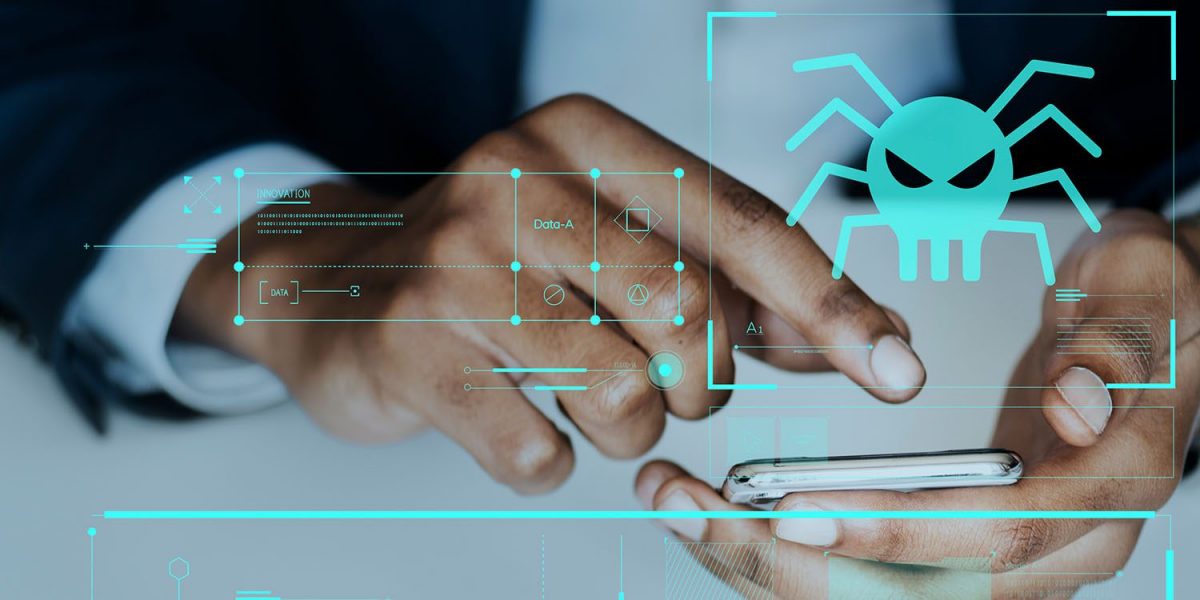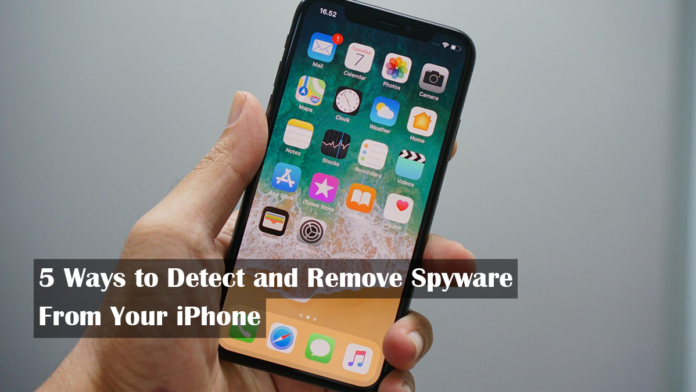
Try checking your Battery Health in Settings > Battery > Battery Health & Charging to see if it’s a hardware problem or a potential infection.ĭigging deeper to find what’s causing the problem If your battery life takes a rapid decline, this could indicate that malware is using up system resources, which in turn is draining the power. It’s worth remembering that some of the factors outlined below can usually be applicable to hardware problems or software glitches too, so if you see them it doesn’t automatically mean you have a virus.

Malware and viruses don’t like to announce their presence, lest you become aware that they are on your system, but there are some quirks or abnormalities that can indicate they are at work. Potential signs of malware on your iPhone We have a separate article that discusses how to remove spam from your iPhone’s Calendar. What has most likely happened is a spam text message has caused appointments to be added to the calendar. There is no iPhone Calendar Virus and your calendar has not been hacked. One quite common problem we’ve heard of is people being inundated with calendar appointments and assuming that this means they have an iPhone Calendar Virus. Should you still have suspicions after that, you can follow some of the steps outlined below to check for something more sinister. If you’re experiencing issues with performance in general, or with particular apps, this is far more likely to be caused by a bug than by a malicious threat, and these may be rectified by something as simple as restarting your device, or running available software updates. The good news in either case is that iOS’s sandbox structure should prevent the malware attack from getting access to other applications (in order to spread itself) or to the underlying operating system.

Such unofficial app stores are far more likely to suffer from viruses and malware-laden apps. In fact, the majority of successful malware attacks on iPhones have been directed at models that have been jailbroken, which gives the owner access to software that hasn’t been checked by Apple employees.

The App Store vets all submitted software for potential threats, and while mistakes are occasionally made (there are literally millions of apps to check), this mostly keeps iOS free from nasty agents.


 0 kommentar(er)
0 kommentar(er)
